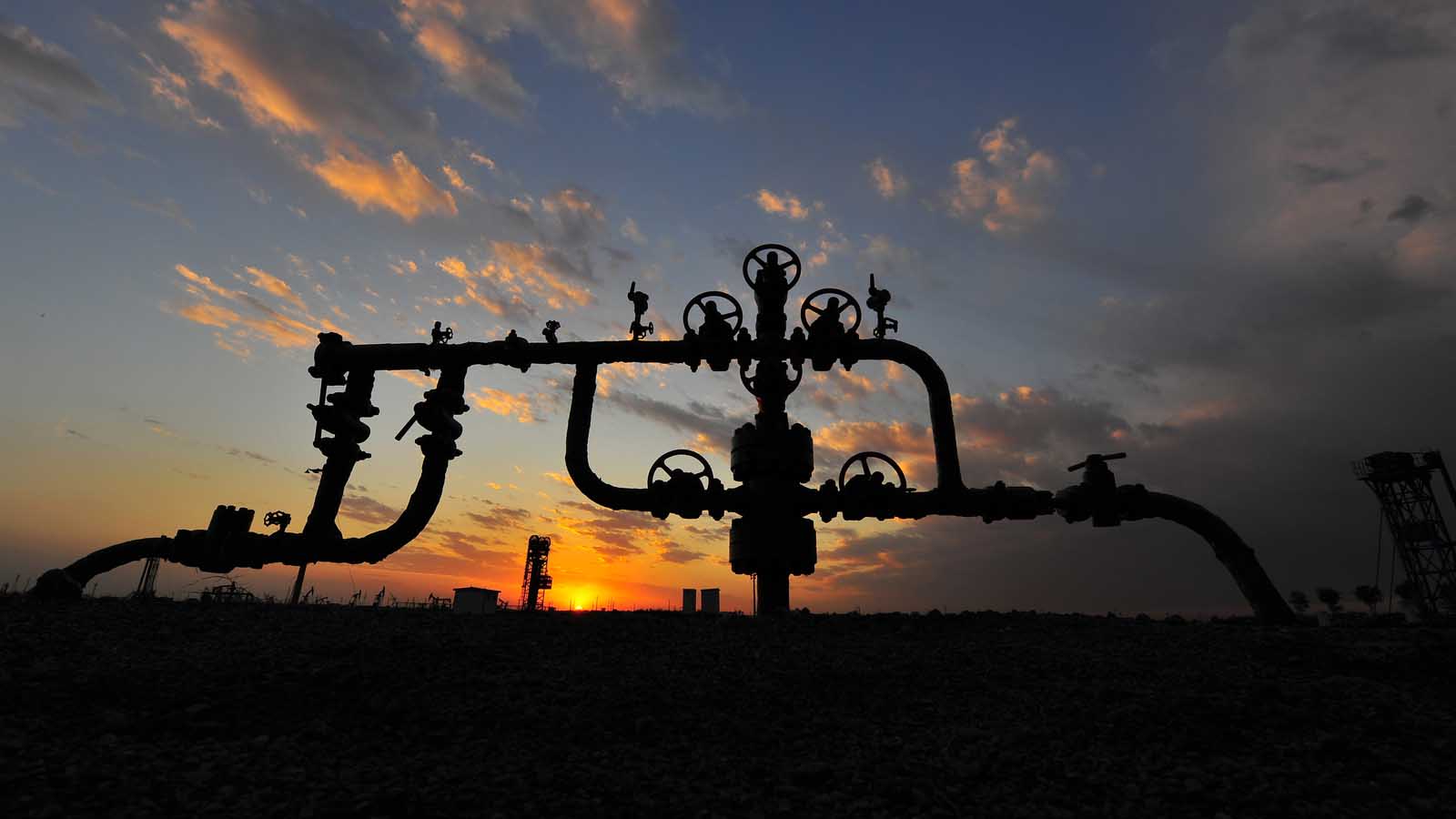Midstream energy player Kinder Morgan (NYSE:KMI) has a massive presence among North American natural gas pipeline operators. Because of the company’s size, there’s a safety factor that weighs in favor of long-term KMI stock holders.

Income seekers might view KMI stock as a fairly safe way to generate yield because of the stock’s generous dividend payouts.
On the other hand, the onset of the novel coronavirus created problems for the energy market.
Like other North American energy-sector firms, Kinder Morgan has been subject to the negative impact of Covid-19. In particular, reduced energy demand has weighed on the company as well as the KMI stock price.
With this in mind, prospective investors have every right to ask whether this energy infrastructure giant has been able to maintain its healthy dividend payouts. Plus, there’s the question of whether KMI stock will continue to offer a generous yield going forward. Let’s drill down and find out, shall we?
A Closer Look at KMI Stock
So, let’s get right down to the nitty-gritty. Income-oriented investors want yield, right? KMI stock’s forward annual dividend yield is currently 8.49%, which is nothing to sneeze at.
Not that the yield is the only thing to look at when it comes to KMI stock. It’s also important to observe the price action of the stock. In the case of KMI, the share price can be described as fairly depressed.
From a technical perspective, we can conclude that the bears are in control of KMI stock until there’s reason to believe otherwise. The share price has been in a steady decline since June 8, when KMI was gunning for the $18 level.
For the time being, the bulls should target $14 and $16. If they can break through those levels with high trading volume, then a legitimate turnaround might be afoot.
KMI Stock and a Firm Commitment to Yield
The fact that Kinder Morgan can persist in offering income-focused investors a strong dividend yield is a testament to the company’s ability to withstand challenging market conditions.
In 2020, some companies reduced their dividend payouts or even eliminated them altogether. I don’t blame those companies for doing what’s necessary to shore up much-needed capital.
Yet, I took it as a great sign when Kinder Morgan’s board approved a second-quarter cash dividend of $0.2625 per share. With this, Kinder Morgan Executive Chairman Richard D. Kinder offered some words of encouragement for anyone worried about the dividend yield.
“While the pace of the global economic recovery remains uncertain at this time, we are seeing green shoots in some areas of our business,” Kinder said. “The board remains committed to increasing the dividend to $1.25 annualized as we projected, under far different circumstances, in 2017.”
Sticking to the Plan
Consider the implications of what Kinder was saying in that quote. Kinder Morgan set its dividend-related expectations years ago, when the U.S. economy was seemingly running at full speed.
Then, the unimaginable happened and a global pandemic struck in the first half of 2020. Also during this time, Saudi Arabia and Russia ramped up their oil-price battle. Incredibly, the price of a short-term per-barrel futures contract on West Texas intermediate oil plunged below -$37 in April.
In other words, a perfect storm of the worst-case scenario happened. And yet, through thick and thin, Kinder Morgan maintained its commitment to providing a dividend yield that retirees and other income investors can count on.
Indeed, the company actually raised the dividend of KMI stock by 5% right in the middle of the coronavirus crisis. With this, we might conclude that Kinder Morgan’s strategy of divesting itself of less productive assets is, slowly but surely, paying off.
The Bottom Line
If you’re looking for constant excitement, KMI stock isn’t necessary for you. But if you’re in the market for a dividend darling that won’t cut and run when the going gets tough, consider making room for KMI among your long-term energy-sector holdings.
On the date of publication, David Moadel did not have (either directly or indirectly) any positions in the securities mentioned in this article.
